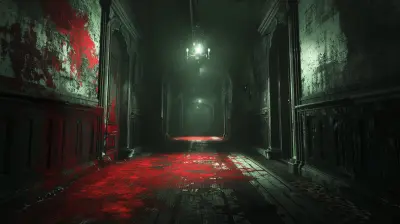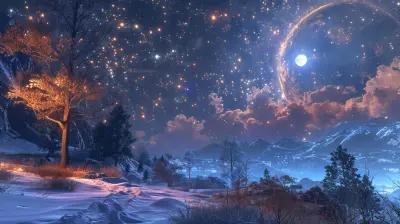Exploring the Role of Lore in Special In-Game Events
6 June 2025
Have you ever been drawn into a video game event and thought, "Wow, this feels epic"? Chances are, lore had a big hand in it. In the gaming world, lore goes way beyond just filler text or background noise—it’s the lifeblood that gives an experience meaning. Especially during special in-game events, lore can turn a simple battle or quest into an unforgettable adventure. So let's dive deep and unravel the magic behind it.
Whether you're a hardcore gamer or someone who just logs in for the cool Halloween events, you're probably seeing more lore-driven events pop up in your favorite games. But why is this trend catching fire? And why does it work so well?
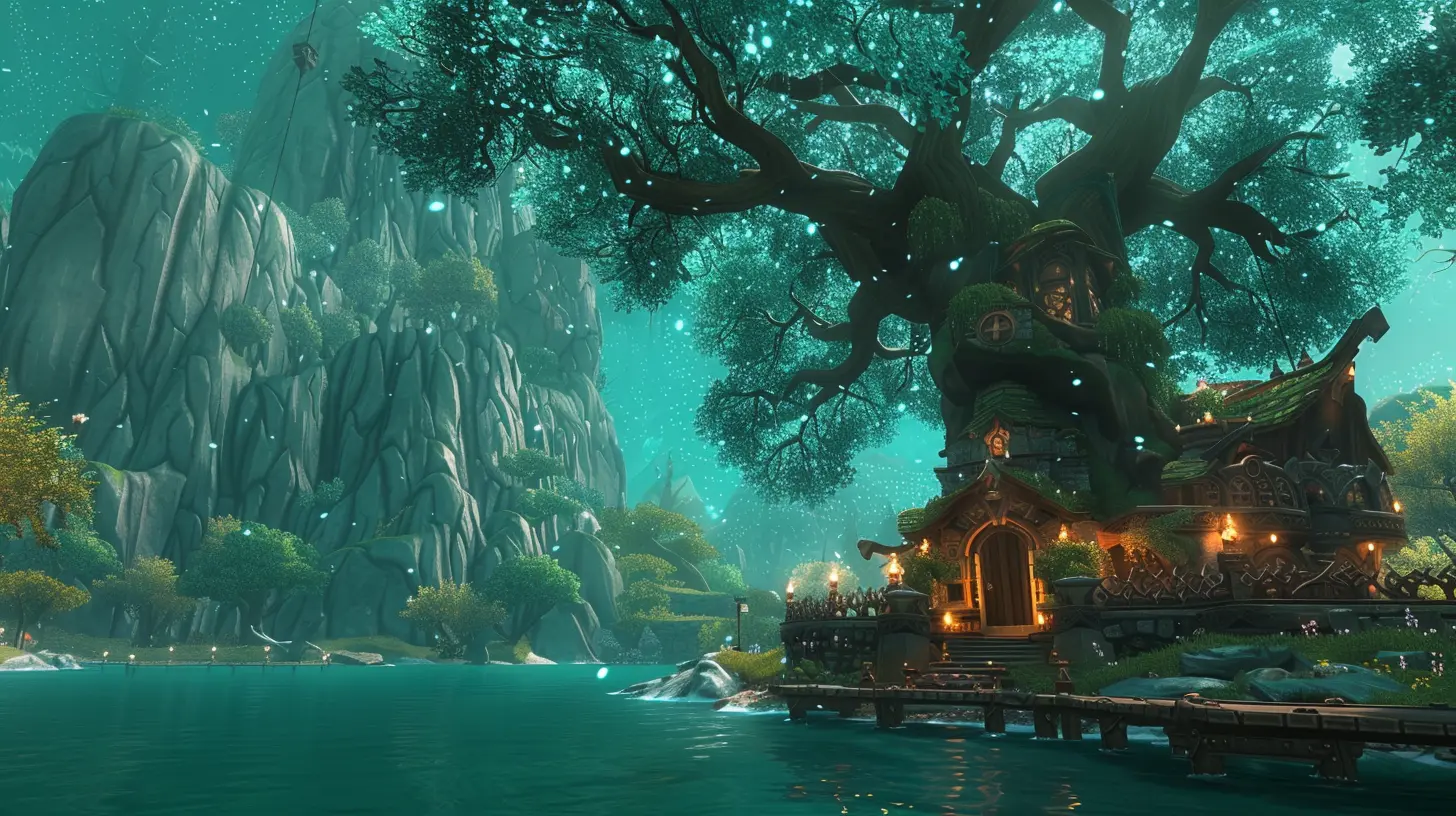
What Exactly Is Game Lore, Anyway?
Before we get ahead of ourselves, let’s break it down. Lore is basically the story behind the story. It’s like the history book of a game’s universe. Think of it as the rich sauce that flavors every character, every war, every mysterious ruin tucked into the corner of a map.Some of it is told outright—those long cutscenes, the journals you find, or the legends NPCs whisper. Other parts might be hidden in cryptic symbols, background art, or item descriptions. But it’s all working together to create a world that feels alive.
And when game developers decide to host a special event—maybe it’s seasonal, maybe it’s to mark the game’s anniversary—they often pull from that lore to give it weight and emotional punch.
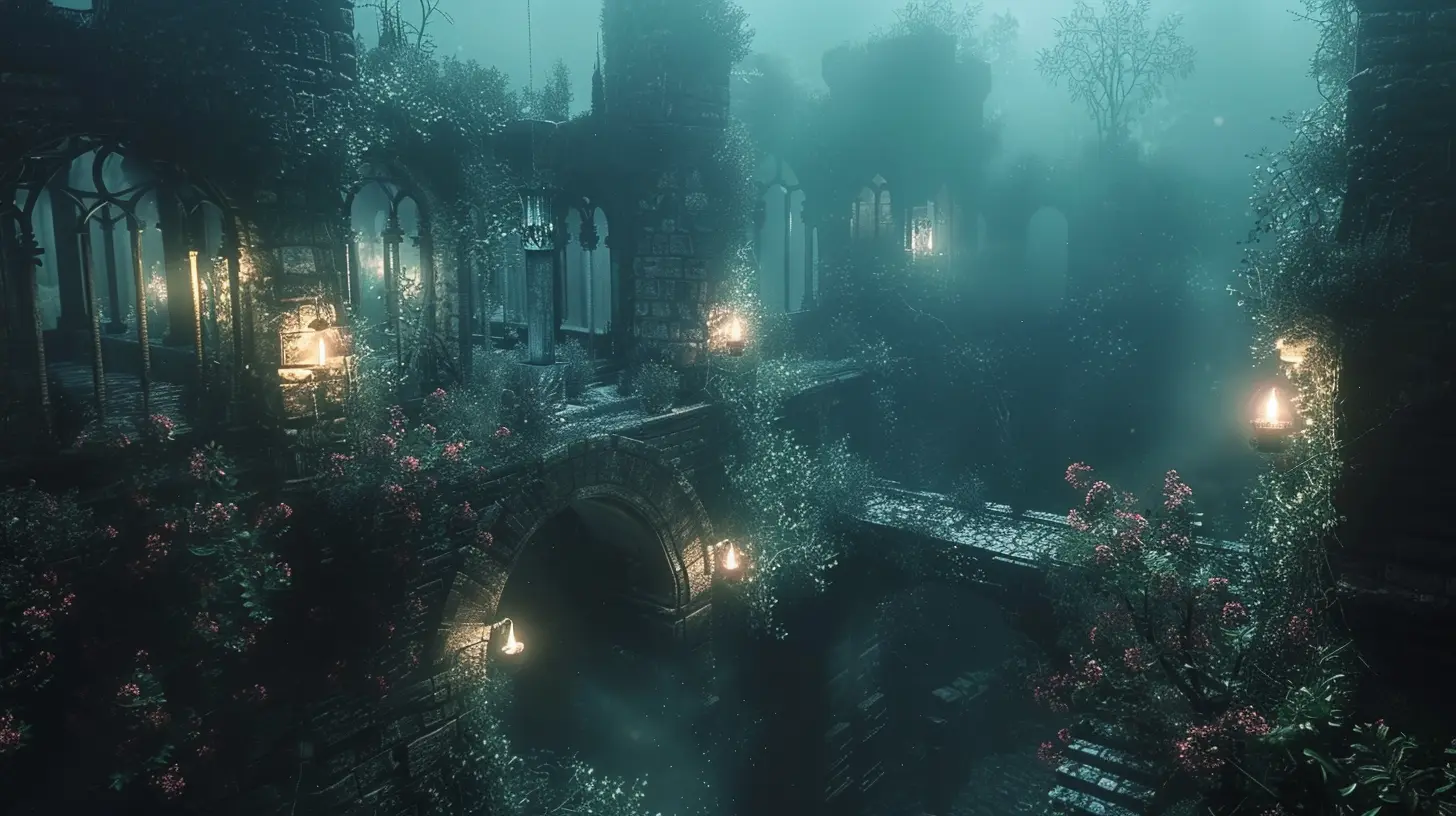
Why Lore Takes Center Stage in Special Events
So why not just throw in a fun mini-game or a new skin and call it a day? Well, they could, and some games do—but adding lore changes everything. It turns a special event into a moment that feels like it matters to the world.1. Lore Gives Context to the Chaos
Without lore, an event can feel random or disjointed. Why is there a dragon in the sky? Why are the trees purple all of a sudden? Players might shrug and move on.But when there’s a backstory—say, the sky dragon was banished centuries ago and now returns to reclaim its throne? That flips the switch. Suddenly, you’re part of the narrative, not just a bystander. Everything feels more urgent and more fun because the stakes are real (at least within the game).
2. It Fosters Emotional Investment
Let’s be real—games are emotional experiences. We get attached to characters, root for underdogs, and even mourn our losses. Lore weaves all that emotion into a single thread.When an event is tied to the fall of a kingdom we’ve visited a hundred times, or the rise of a villain we’ve been hearing whispers about, it hits differently. It taps into the emotional history players have built over time. You’re not just collecting shiny loot—you’re defending your second home.
3. It Deepens World-Building
Special events often bring new areas, characters, and mechanics. Lore makes them feel like pieces of a bigger puzzle instead of one-off gimmicks.Think about a winter festival in a fantasy MMO. Without lore, it’s just snow and presents. But if NPCs talk about an ancient winter spirit bringing luck for the coming year, or if there’s a quest to protect the festival from a legend-turned-nightmare? Now it feels like a cultural tradition in that world, not just a seasonal update.
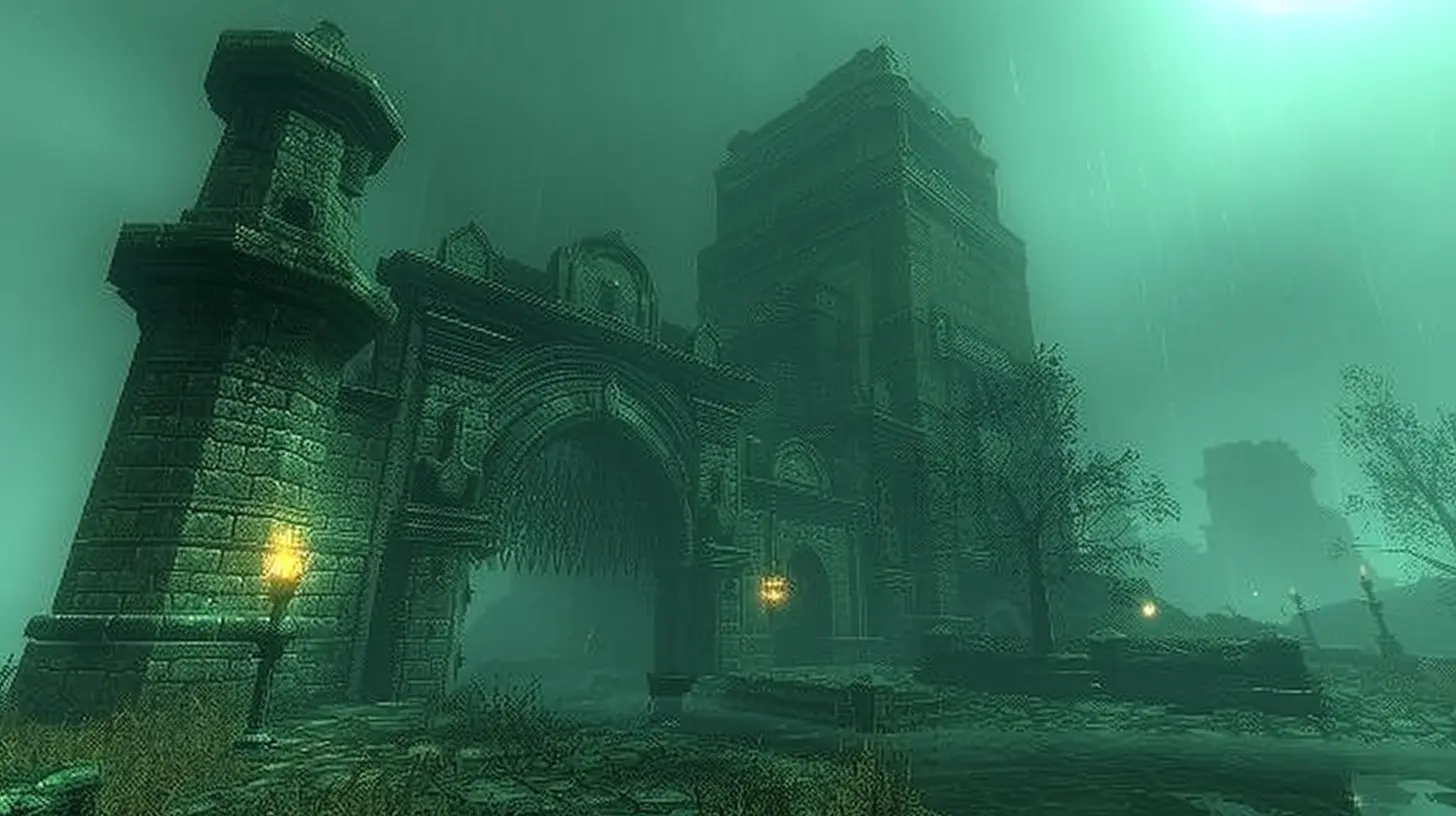
Memorable Examples of Lore-Driven Events
Let’s talk specifics. There are some standout games that just get how to weave lore into their events.Fortnite’s Live Events
Fortnite might seem like pure chaos at times, but Epic Games has quietly built an impressive narrative through their live events. From The Cube’s slow journey across the island to entire maps being sucked into black holes, each event ties back to larger mysteries within the Fortnite universe.Players often spend weeks deciphering clues, piecing together theories, and watching the story unfold in real time. It’s basically a digital scavenger hunt, and fans love it. That’s the power of layered lore.
World of Warcraft’s Seasonal Events
Blizzard has mastered the art of using lore to anchor recurring events. The “Hallow’s End” event isn’t just a Halloween retread—it’s tied to the in-game history of the Forsaken's rebellion against the Scourge.With each pumpkin you collect or ghost you help, you’re walking through a piece of Warcraft history. It’s fun, but it also honors the game’s roots.
Destiny 2’s Season of the Haunted
Bungie doesn’t hold back when it comes to storytelling. In Destiny 2's “Season of the Haunted,” players explored a haunted ship tied to their darkest fears and regrets. It wasn’t just about shooting space zombies—it was about confronting personal demons, wrapping up old character arcs, and diving into deep lore.Each event mission peeled back more layers of the world and its characters. Players weren’t just grinding—they were emotionally invested.
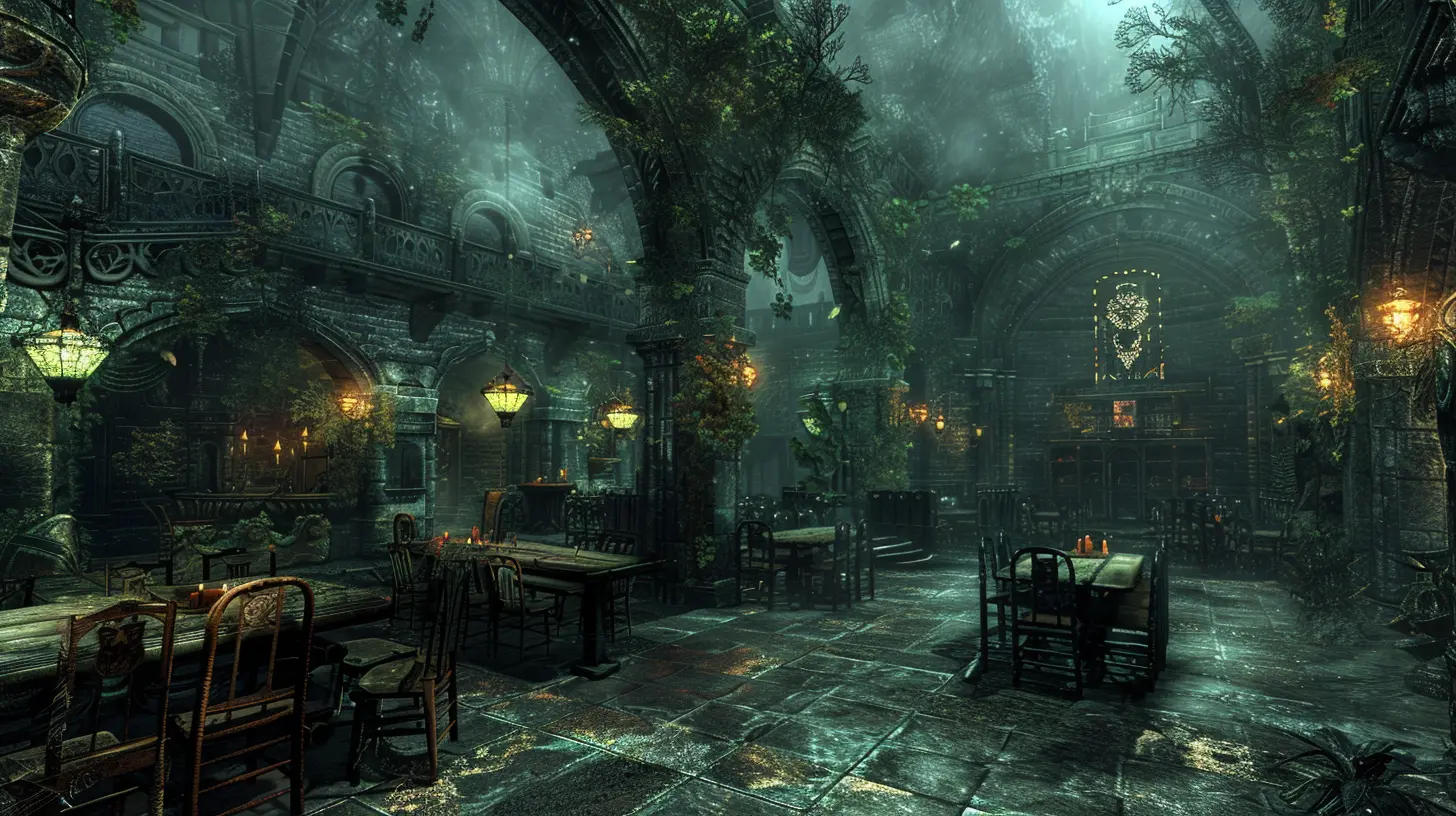
How Lore Enhances Player Engagement
Now here’s where things get juicy—lore doesn’t just make things prettier or deeper, it actually boosts how much time players spend in-game and how much they care.Creates Retention Hooks
When lore builds up to something big—like a major event—players are more likely to stick around. They want to see what happens next. Maybe a character they've followed for years is at the center of it all. Maybe the fate of a city hangs in the balance.That anticipation? That speculation? It’s gold for developers.
Sparks Community Theories and Content
Lore-heavy events are like kindling for the fires of fan creativity. You’ll see Reddit threads, YouTube lore breakdowns, fan art, even TikToks analyzing a single suspicious voice line.When developers hide little tidbits across the game, the community basically turns into detectives. And that kind of engagement ripples out—it keeps games alive far beyond the event itself.
Makes the World Feel Evolving
When events have lore, it signals that the world is alive—constantly moving, changing, and reacting. The status quo isn’t fixed. Villains don’t stay vanquished. Heroes don’t live forever.And that’s compelling. Players log in not just to play, but to witness what happens next.
Tips for Developers: Building Lore-Driven Events That Stick
Alright, if you’re a game dev (or just curious), here’s some handy insight into crafting events that really land with the help of lore.Start Small, Build Big
You don’t need a 10-minute cinematic cutscene every time. Even a few journal entries, voice lines, or environmental clues can set the stage. Build tension. Let the community guess.Tie Events to Existing Characters or Factions
New content is great, but anchoring it to known entities makes it hit harder. If a popular character is involved, players are immediately more invested.Leave Some Mysteries
Don’t wrap everything up with a neat little bow. Leave loose ends. Let players wonder. Lore doesn’t need to answer every question—in fact, sometimes it's better when it doesn’t.Make the Player Matter
It’s easy to have big things happen around the player. But the real magic? Making players feel like they caused or prevented those events. Put their actions at the center of the story.
Player Perspective: Why We Love These Events
At the end of the day, we play games because we want to escape, explore, and feel something. Lore-driven events give us all of that wrapped in a limited-time bundle.You're not just running dailies or grinding for XP—you're stepping into a turning point in a world you've come to love. Maybe the sky’s burning red. Maybe your favorite city is under siege. Either way, you’re part of the moment.
And when it’s all over? You’ve got memories, screenshots, maybe even some digital souvenirs that tie you to that moment forever.
In Conclusion: Lore Isn’t Just Background Noise—It’s the Beating Heart
Special in-game events can be flashy, fun, and full of goodies—but when they’re powered by lore, they become legendary. They turn pixels into myth, players into heroes, and games into universes worth coming back to.So the next time you see an in-game event brewing, don’t just log in for the loot. Pay attention to the whispers, the backstories, the little details. You might just find yourself swept into something bigger than you imagined.
Because in the end, it’s the lore that turns a game from a pastime into a passion.
all images in this post were generated using AI tools
Category:
In Game EventsAuthor:

Luke Baker
Discussion
rate this article
2 comments
Kinsley Martinez
Lore adds depth and excitement to in-game events, enriching our experiences and forging unforgettable memories. Embrace the stories, and let them elevate your gaming journey!
June 9, 2025 at 2:48 PM

Luke Baker
Thank you! I completely agree—lore truly enhances our connection to the game and makes events more memorable. Embracing these stories enriches our overall experience.
Dax McIlroy
Great insights! Lore truly enriches the gaming experience, enhancing our connection to in-game events and their significance.
June 7, 2025 at 3:22 PM

Luke Baker
Thank you! I’m glad you found the insights valuable—lore really does deepen our engagement with the game's narrative!
